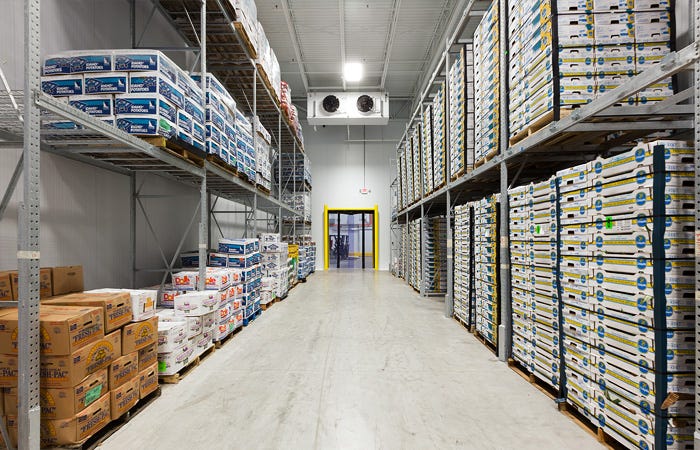In the global pursuit of food security and sustainability, it’s crucial to recognize that food saved is as vital as food produced. The staggering statistics on food loss and waste underscore the urgency for radical changes in our approach to food management. Let’s delve into the key issues and potential solutions.
According to reports approximately 13% of food produced globally is lost between harvest and retail, while a further 17% is wasted in households, food services, and retail. These losses not only impact food availability but also have significant environmental and economic repercussions.
Environmental and Economic Impact
Food loss and waste contribute to 38% of total energy usage in the global food system. Additionally, the carbon footprint of food loss and waste, estimated at 3.6 GtCO2e in 2007, rivals that of major emitters like China and the USA. The environmental toll extends further, with food wastage accounting for substantial freshwater use and land consumption.


Small-holder farmers, comprising 500 million individuals globally, bear a disproportionate burden of food loss. Despite their significant contributions to food production, these farmers often face substantial losses due to inadequate infrastructure and post-harvest management. The economic cost of food loss within supply chains amounts to nearly $936 billion annually, with projections indicating a steep rise in the coming years.
Challenges in Addressing Food Loss
A critical aspect of reducing food loss lies in improving cold-chain infrastructure, particularly in low-income countries where refrigeration capacity is severely lacking. Only a fraction of perishable products in these regions benefit from refrigeration, leading to significant post-harvest losses.
While refrigeration offers a solution to food loss, its widespread adoption raises environmental concerns. Cooling technologies, including refrigeration and air conditioning, contribute substantially to greenhouse gas emissions. Without sustainable interventions, the proliferation of refrigeration could exacerbate climate change and air pollution, posing serious public health risks.

The Path Forward
Efforts to combat food loss and waste must prioritise sustainable solutions that address both environmental and economic dimensions. Investing in cold-chain infrastructure, promoting sustainable refrigeration technologies, and enhancing post-harvest management practices are critical steps towards a more resilient and equitable food system.
The battle against food loss and waste is integral to building a sustainable future. By recognising the importance of food saved alongside food produced, we can work towards a more efficient, equitable, and environmentally responsible food system. APF Cold Storage and Logistics are committed to taking action, where possible, to address this global challenge.
